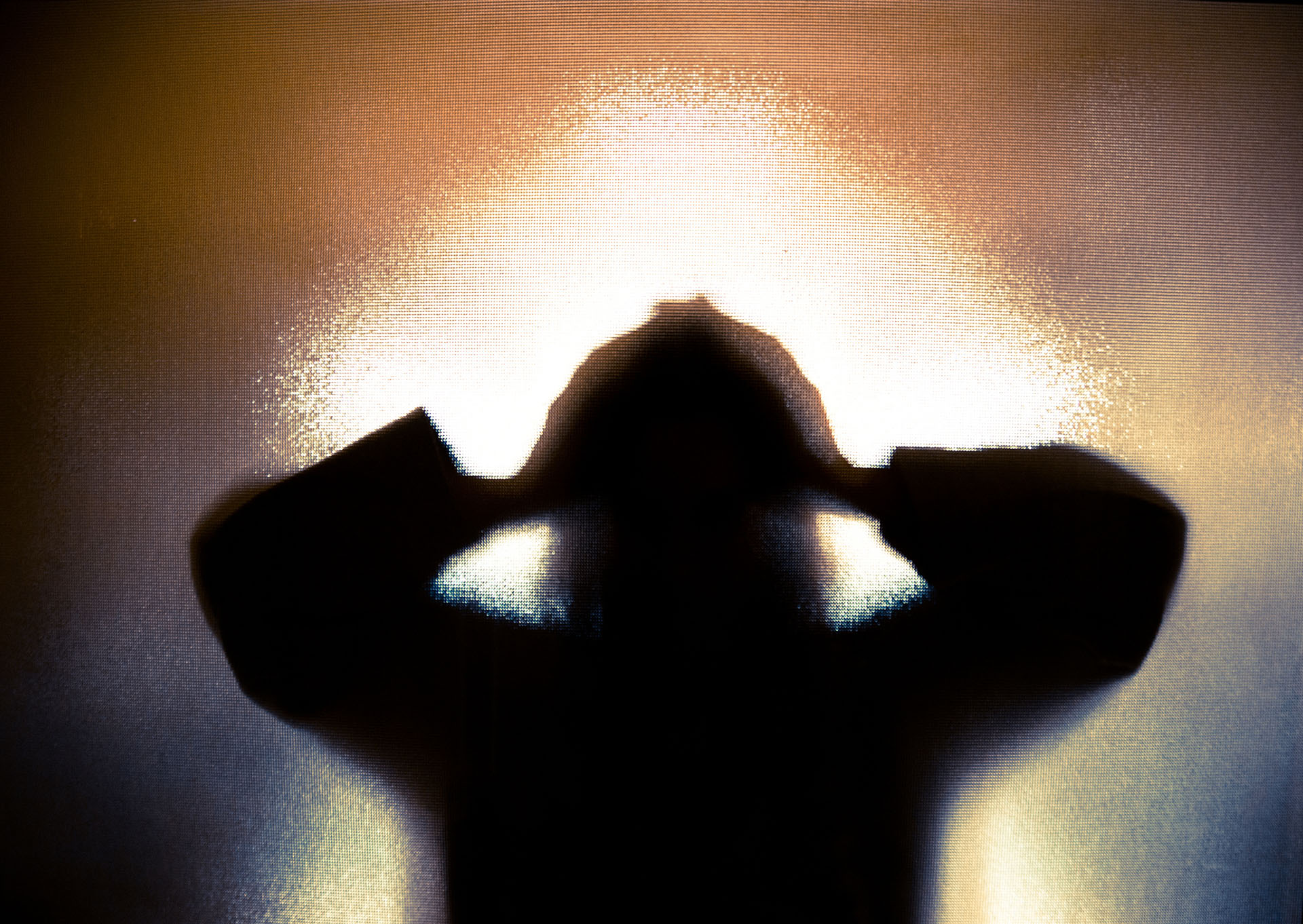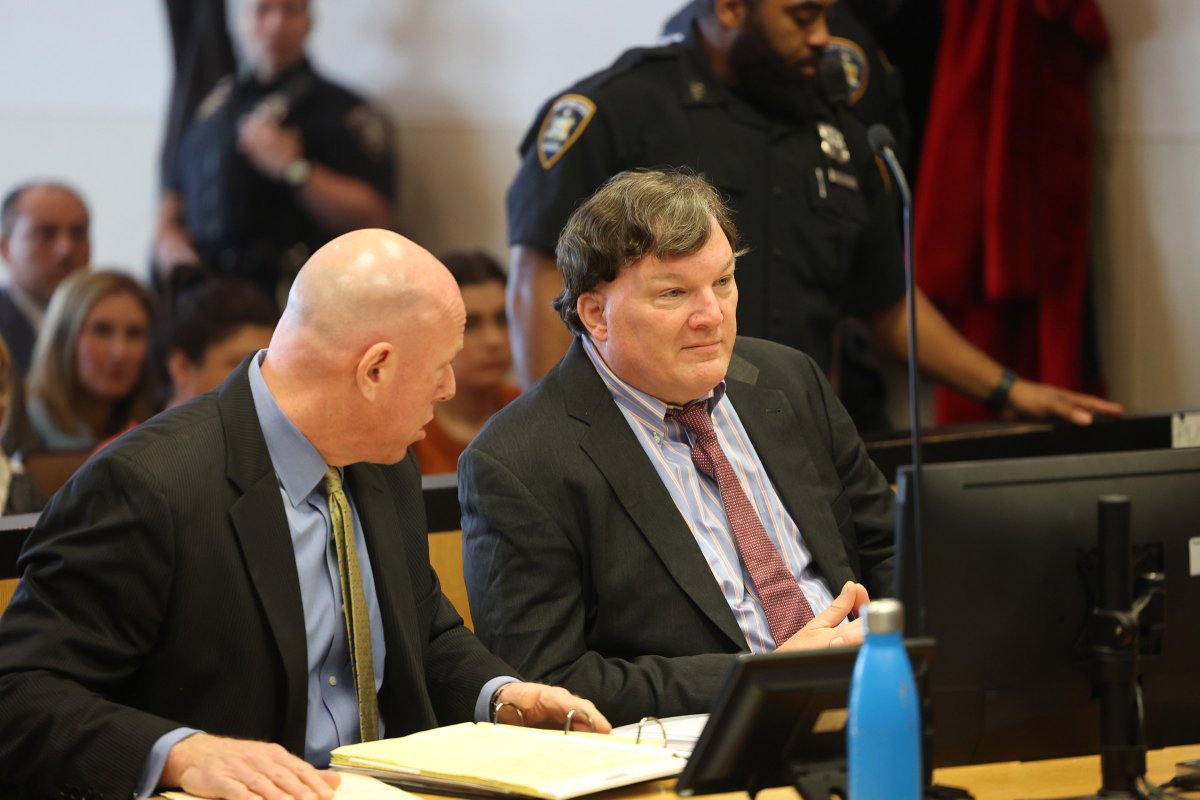One Woman’s Mission To Help Others

One in three women suffer from some form of abuse in their lifetime. It can happen at different stages in life, and from those you might not expect: a parent, a friend, a lover.
In 1979, Barbara was just a normal church-going 17-year-old living on Long Island. She always saw the best in people, trusted her faith, and exerted the kindness she observed in her own mother’s heart. Young and full of hope, she believed in love. She met John at a party — the man who would become her first husband.
“He seemed larger than life. Very handsome, and charismatic,” Barbara said. “He asked me to dance.”
Early on, she began to notice John drank excessively, but attributed it to his bad-boy charm. It wasn’t until further along in the relationship that she discovered his addiction to alcohol and drug abuse.
“One day, he showed up at my house. He said he loved me and needed me,” Barbara said. “He shared his heart with me, and I saw how much pain he was in.” At only 21 years old, John had been in trouble with the law and faced years of rejection from people in his immediate circle. Barbara said she wanted to help.
Eventually, she met John’s mother, who lived out of state, and she placed a tremendous burden on Barbara’s shoulders.
“She asked me to take care of her son,” Barbara said. “I thought that it was my responsibility as his lover and then, [later on], his wife.”
As a Sunday school teacher, the responsibility came naturally, but it wasn’t one for which she could have ever prepared. John’s co-dependence with drugs only spiraling downward, and he turned to Barbara as an emotional and physical punching bag.
“I couldn’t understand it myself, so I couldn’t articulate what was happening to my family,” she said. “Unhealthy, controlling partners have a common thread of behavior, which is to isolate those they are trying to control.”
Forty years ago, it was taboo to talk about domestic issues.
“There was no discussion in school about abusive relationships and there were no signs around town there was help from places like The Retreat,” Barbara said. “You did not ask for help or talk about problems.”
The violence continued. Rooted in power and remorse, abuse is a cycle of stages that dwells in fear, shame, and denial.
“Insidious is the perfect word to explain how abuse can happen to anyone,” Barbara said. “It is subtle and progressive, and when you love someone, you see the best in them; you believe in them. A denial builds that is so real that you cannot see the truth. I made excuses for his behavior because there were always alcohol and/or drugs involved. And I did leave a few times, and went back with the promises that things would change.”
But things never changed. Then Barbara found out she was pregnant. That perspective of being a mother shifted everything. So she reached out to a friend who had been through a similar situation, and sought professional help.
“We cannot change anyone else,” she said, “but we can change our response to the way others treat us.”
When her daughter was only 3 months old, Barbara attempted to break free of the abuse. Then, John tragically passed away. Barbara turned inward. She began to listen to advice from Oprah, an abuse survivor, and followed gratitude practice, which she’s kept up for 25 years.
That’s when she became involved with The Retreat. She has since become a voice for hope with The Retreat on the East End for over 13 years. She believes it’s her heart’s calling.
Barbara is a champion of survivors rights and has shared her experience, given survivors the opportunity to heal through journals that she has donated, and is always willing to offer classes on self care and reduction of stress,” said The Retreat Executive Director Loretta K. Davis. “She has a positive message to deliver and promotes prevention education in the community to stop the cycle of violence. We are so lucky to have Barbara as one of our talented and dedicated volunteers, and an honest and inspiring spokesperson.
In 2007, she began sharing what she calls her “Story of Hope” at The Retreat’s shelter, a harbor for women escaping abuse. Each survivor receives a journal and is encouraged to write down her experiences, working through emerging, painful memories.
“I tell them they will look back and see how courageous they were reaching out for help and how they changed their life’s course . . . like Barbra Streisand sings, ‘what’s too painful to remember, we simply choose to forget,’” Barbara said. “It is up to them to decide what they want their story to be.”
Barbara admits that, at times, she revisits her past, questioning why she kept going back.
“In truly accepting my past for what it was and lovingly forgiving myself for my choices, I was finally free to be able to live the rest of my life,” Barbara said. “Being kind to the young girl with the huge heart that was able to love and forgive, the girl who did her best to help someone.”
She recites the Serenity Prayer during moments of unrest. Her faith helped keep her strong, repeating “faith not fear” and “this too shall pass” during times of struggle.
Barbara is now happily married to her second husband, who adopted her daughter 33 years ago, and together they now have three children and two grandchildren, with a third on the way. They all know about her past.
She is still focused on being a friend and beacon of light for women at The Retreat.
“It’s such a spiritual thing for me as I sense something familiar in them,” Barbara said. “I make myself vulnerable to them, a door opens for an immense connection because, unless you have been through some form of abuse, you cannot really understand it.”
Acknowledging how much has changed in 40 years, she still admits there is more to be done to lift the stigma of domestic abuse. She encourages other women, “You can be an overcomer, too. You’re not alone and deserve to be treated with love and respect,” she said. “If one cannot find the strength in themselves to ask for help, I say do it for your children.”
She is writing a book, “Finally Free — Emerging with Strength, Beauty, Gratitude and Grace,” a spiritual self-help memoir of her journey back from abuse.
Barbara is courageous in sharing her story and so generous with her time,” said The Retreat Development Director Kim Nichols. “For anyone dealing with the aftermath of an abusive relationship, it can be easier to speak with someone who has also been through trauma. Barbara offers insights and tools for survivors. She is an invaluable resource for The Retreat and for the East End.
During a pandemic, it’s important to reach out for counseling and try to change your environment if you find it is or has become abusive. Some states have expected to see, and some, like Wisconsin, and the Illinois domestic abuse hotline, as reported in The New York Times last week, have confirmed a spike in related calls and incidents, and even suicides related to abuse.
“Community is a huge part of our health and wellbeing,” Barbara said, “which means staying connected to all our social interactions.”
For information on The Retreat and for other resources visit www.allagainstabuse.
nicole@indyeastend.com




